
Ingenious Soap Trick Ends Bully’s Tyranny And Leaves Headmaster Holding Back Laughter
Interview With ExpertFrom a young age, we’re taught by our parents that sharing is caring. However, it’s something that takes time and practice to learn and can be especially hard when it comes to a favorite toy or a sweet treat a child gets to enjoy on special occasions.
When redditor Ophiochos was little, they bought fruit-flavored sherbert in fruit-shaped cups at school, which they refused to share with another kid who always asked for it. To solve this issue, he devised a petty revenge plan involving Snoopy soap.
Scroll down to find the full story and a conversation with parent coach and author Camilla Miller at Keeping Your Cool Parenting, who kindly agreed to tell us more about the importance of sharing.
Not every child is keen to share their sweets with others
Image credits: KandyKing
This one even came up with a soapy revenge plan for a bully who threatened to take them
Image credits: Matthew Tkocz / Unsplash (not the actual photo)
Image credits: gstockstudio / Envato Elements (not the actual photo)
Image credits: Ophiochos
Image credits: Gustavo Fring / Pexels (not the actual photo)
Sharing teaches kids to make and maintain friends, play cooperatively, negotiate, and cope with disappointment
It’s important for children to share with others, as it teaches them to make and maintain friends, play cooperatively, negotiate, and cope with disappointment. This gesture is a key part of getting along with others and shows them that if we give a little to others, we can receive what we want too.
If a child finds it hard to share with others, it doesn’t mean that they’re a bad person. Kids until the age of 4 haven’t yet developed the ability to acknowledge the feelings and thoughts of others, and their view of the world is still very egocentric. This means that all they’re thinking is, “I want those sweets, and I want them now!”
Such behavior may embarrass and frustrate parents, but it’s completely standard for kids younger than 4. In the meantime, parents shouldn’t force them to share with others. Nancy Eisenberg, a leading researcher on children’s social development, says that little ones can become more generous by experiencing the act of giving to others and learning how rewarding it feels. But it has to be voluntary, or the child might walk away resentfully and be less likely to share after that.
It may help to lead by example. If they see their parents demonstrating sharing and turn-taking, then they might try to copy them. According to parent coach and author Camilla Miller at Keeping Your Cool Parenting turn-taking is a great way to teach generosity.
“When we think about teaching children to share, it’s easy to envision the classic scenario: one child snatching a toy from another, followed by an adult urging, “You need to share!” But this might miss the mark. Instead of focusing solely on the act of sharing, I find it more productive to think about it in terms of taking turns,” she explained to Bored Panda.
“After all, as adults, we don’t just hand over our belongings whenever someone asks—we negotiate, we consider our needs and those of others, and we make decisions accordingly. We can coach our children to develop a similar awareness.
Rather than demanding they give up a toy on the spot, we can guide them to recognize when someone else might want a turn, and to share once they’re finished. This approach doesn’t just encourage sharing; it cultivates empathy, patience, and an understanding of boundaries—skills that are invaluable far beyond the playground.”
Image credits: Polesie Toys / Pexels (not the actual photo)
Parents should remember that this skill comes with time
“Children struggle most with sharing their most cherished possessions,” says Miller. “When my kids were growing up, we had clear rules about what toys were “family toys” and which were “personal toys.” Family toys were open for everyone to play with, but personal toys were different. These were the treasures they didn’t have to share and were put away when friends came over.
This approach served a dual purpose. First, it allowed my children to feel secure in their ownership of certain things, which, in turn, made them more generous with other toys. They didn’t feel threatened or possessive because they knew their most important items were off-limits.
Second, it taught them about personal boundaries. They learned how to assert themselves, negotiate, and work with others to find solutions that respected everyone’s needs. This balance between personal autonomy and communal play is key to developing a healthy sense of self and respect for others.”
To foster generous behavior further, it’s important to acknowledge it. When parents notice them sharing, even in the simplest ways, like giving something from their plate or handing them a toy, they should praise them for it.
“Over time, they’ll naturally begin to act in ways that align with this self-image—including sharing with others. Instead of simply focusing on the moments when they resist sharing, celebrate the moments when they do, even if they’re small. This positive reinforcement helps build a foundation for genuine generosity,” Miller says.
Most importantly, parents should remember that this skill comes with time, and there’s no need to put pressure on anyone. It’s a process that is strongly linked to the development of empathy. All guardians can do is support them while they learn and not rush the process.
Expectations should also be realistic while little ones get to know the world around them. When they are made to share or are forced into it developmentally early, they might adopt negative associations with the word, holding onto their precious belongings even tighter.
The author was praised in the comments for his genius revenge plan
Poll Question
Thanks! Check out the results:
Explore more of these tags
Somewhat related story about a scary figure. I grew up being scared of my dad, which obviously wasn't a good thing for a kid. In high school, on a band trip I ended punching the s**t out of another kid's face for messing with me. Come monday, I got called into the assistant principal's office with my dad called. This principal was the hardass of school, so I knew based on how my dad and this guy was, I was f****d. I was absolutely flabbergasted when my dad started berating the principial about how this incidient wasn't on school grounds blahblahblah and that I should'nt be suspended. He argued my suspension down to just that day and as we left the school to go home, I thought I was in deepshit. After hearing why I did it, my dad (who yells at me for everything) just turned to me, asked me if it was wortrh it (it was) and just sort of smiled. As much of an a*****e as he is, he wasn't someone that expected me to be aggressive or violent to be a "real man" or anything so it was surprising
This is the kind of teacher we need more of! And excellently done, OP. 🙂
Somewhat related story about a scary figure. I grew up being scared of my dad, which obviously wasn't a good thing for a kid. In high school, on a band trip I ended punching the s**t out of another kid's face for messing with me. Come monday, I got called into the assistant principal's office with my dad called. This principal was the hardass of school, so I knew based on how my dad and this guy was, I was f****d. I was absolutely flabbergasted when my dad started berating the principial about how this incidient wasn't on school grounds blahblahblah and that I should'nt be suspended. He argued my suspension down to just that day and as we left the school to go home, I thought I was in deepshit. After hearing why I did it, my dad (who yells at me for everything) just turned to me, asked me if it was wortrh it (it was) and just sort of smiled. As much of an a*****e as he is, he wasn't someone that expected me to be aggressive or violent to be a "real man" or anything so it was surprising
This is the kind of teacher we need more of! And excellently done, OP. 🙂

 Dark Mode
Dark Mode 

 No fees, cancel anytime
No fees, cancel anytime 







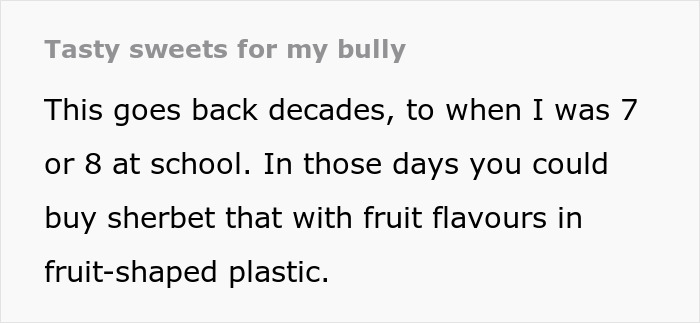

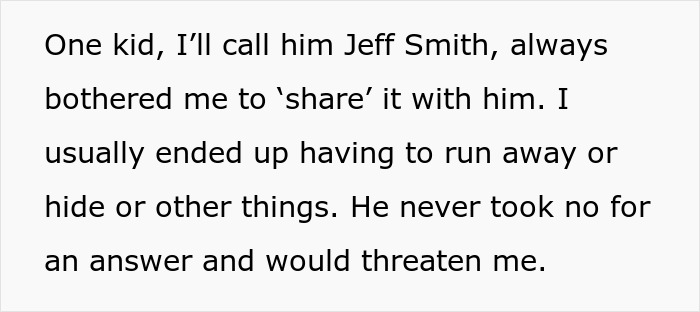









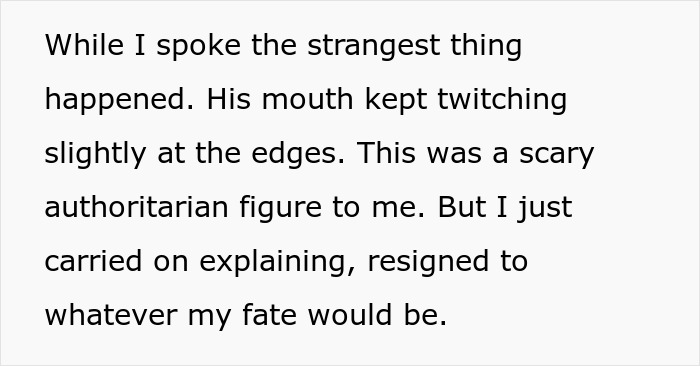
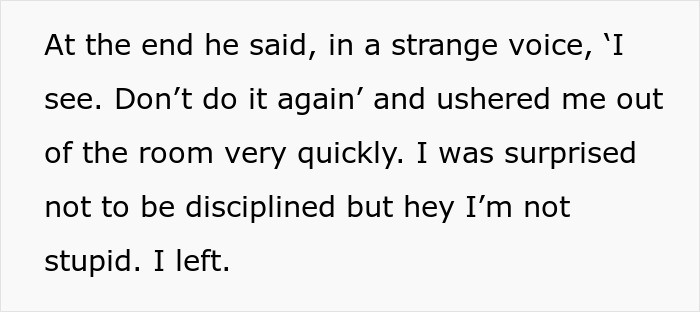
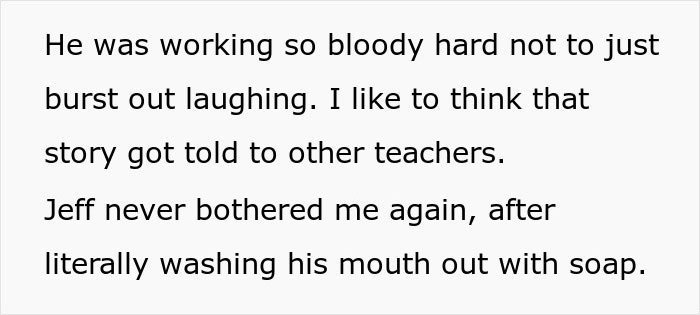
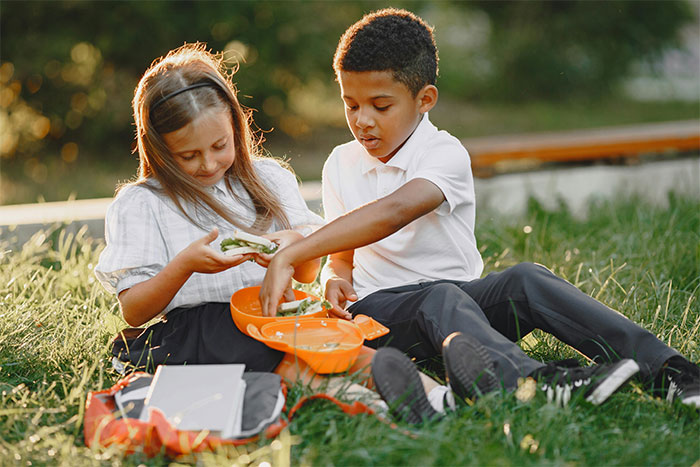
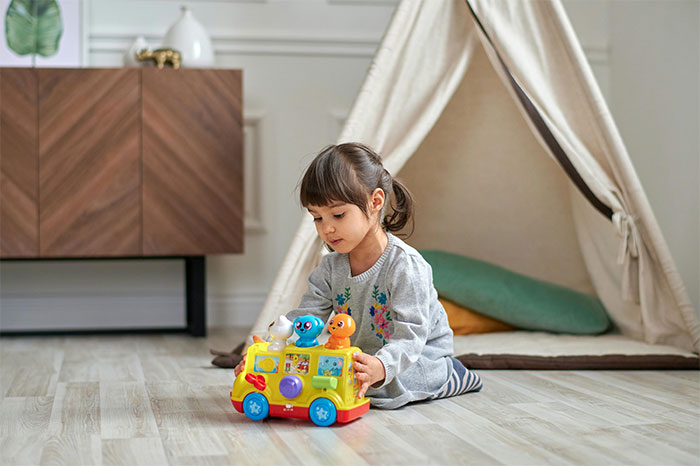
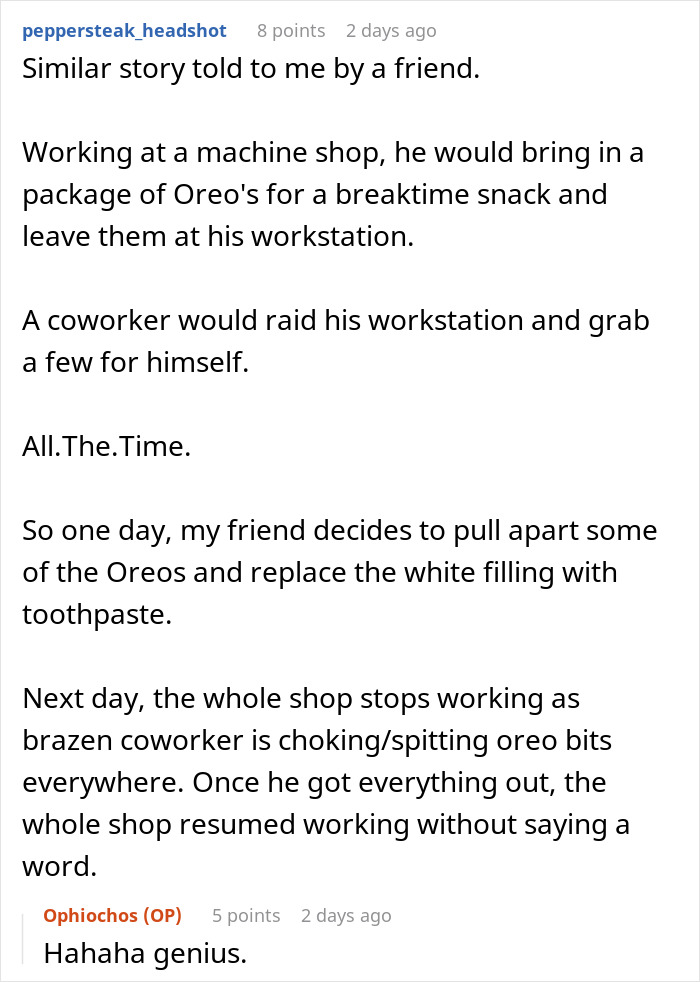


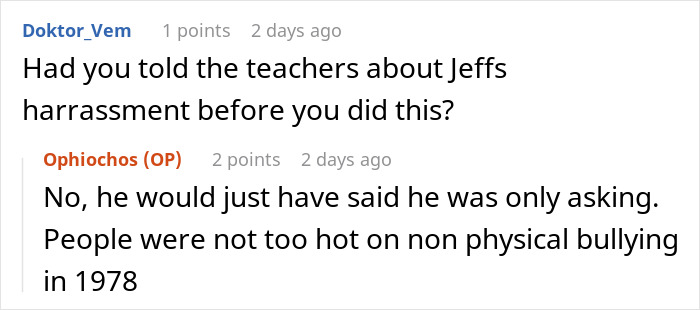






















































65
12